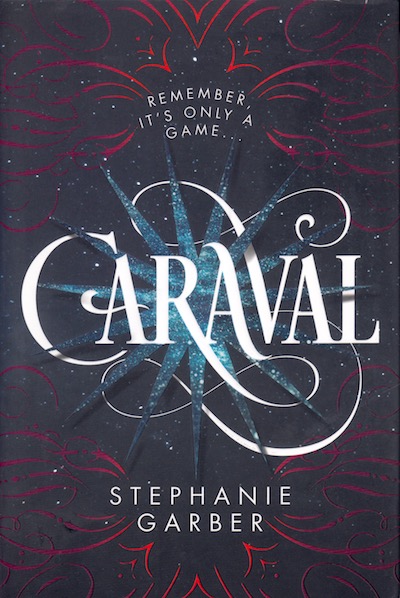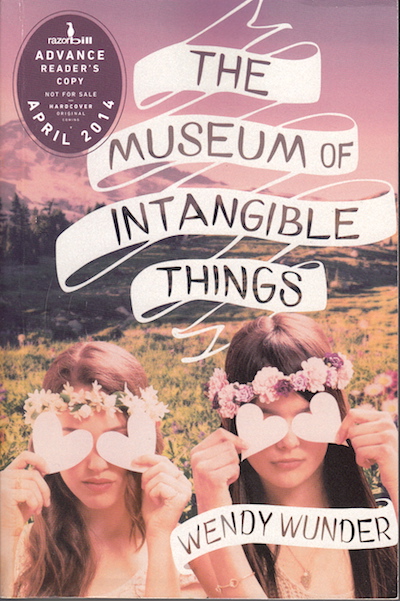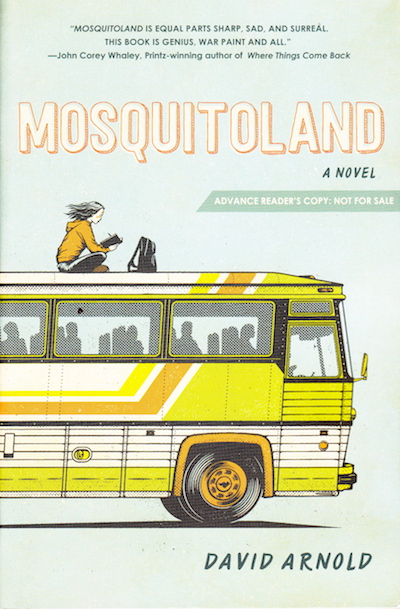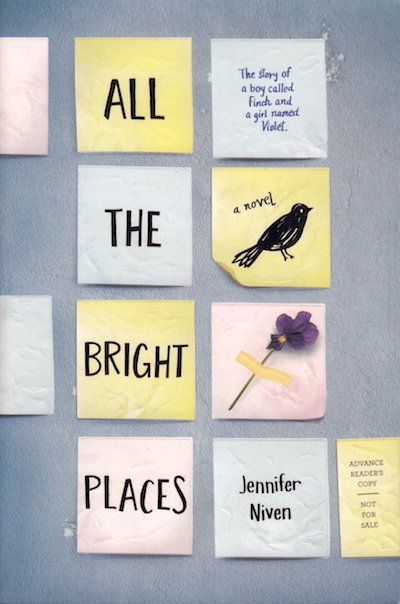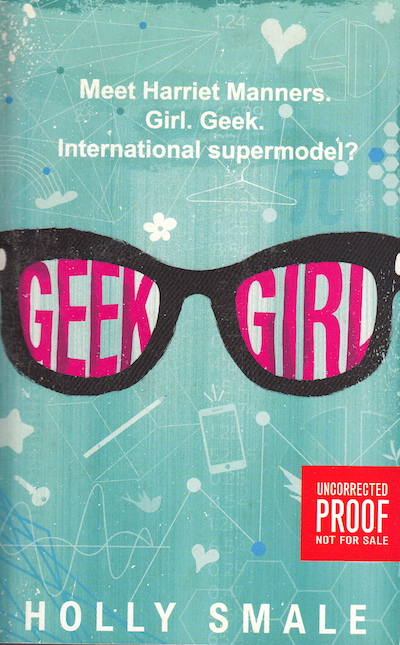
Someone I love was recently diagnosed with obsessive-compulsive disorder, aka OCD. This is a specific kind of anxiety disorder, less about being neat and tidy, and more about not-so-fun things like sometimes disturbing thoughts randomly popping into your head and being convinced something bad is going to happen if you don’t do x. Whatever x happens to be, and it’s specific to the person.
John Green has OCD. (This is a lovely podcast where he talks about it.) Turtles All the Way Down is about a teenaged girl with OCD. So I read this book not from an enjoyment standpoint, but from a help-me-learn-what-it-feels-like-to-have-this standpoint.
For me it did a good job, especially showing Aza’s deterioration because of her refusal to regularly take her medication. (Seriously: TAKE YOUR MEDS, KID. Love, a mom) It’s all handled with a deft and loving touch and explains so, so much.
Turtles All the Way Down helped me, the story was enjoyable, and I would recommend it to anyone who wants to know more about what living with OCD is actually like.




